
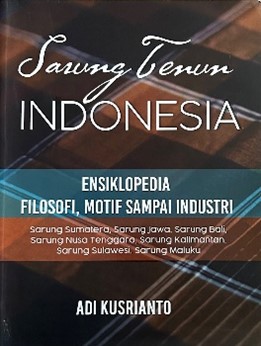
Author: Adi Kusrianto, 2020. 203pg. (Indonesian)
Publisher: Andi Yogyakarta
This book highlights the excellence of traditional hand-woven sarongs crafted on backstrap looms, alongside those expertly produced using standing looms, known as ATBM (Alat Tenun Bukan Mesin). The concluding section emphasizes the impressive range of industrially woven sarongs created by small, medium, and large enterprises throughout the archipelago.
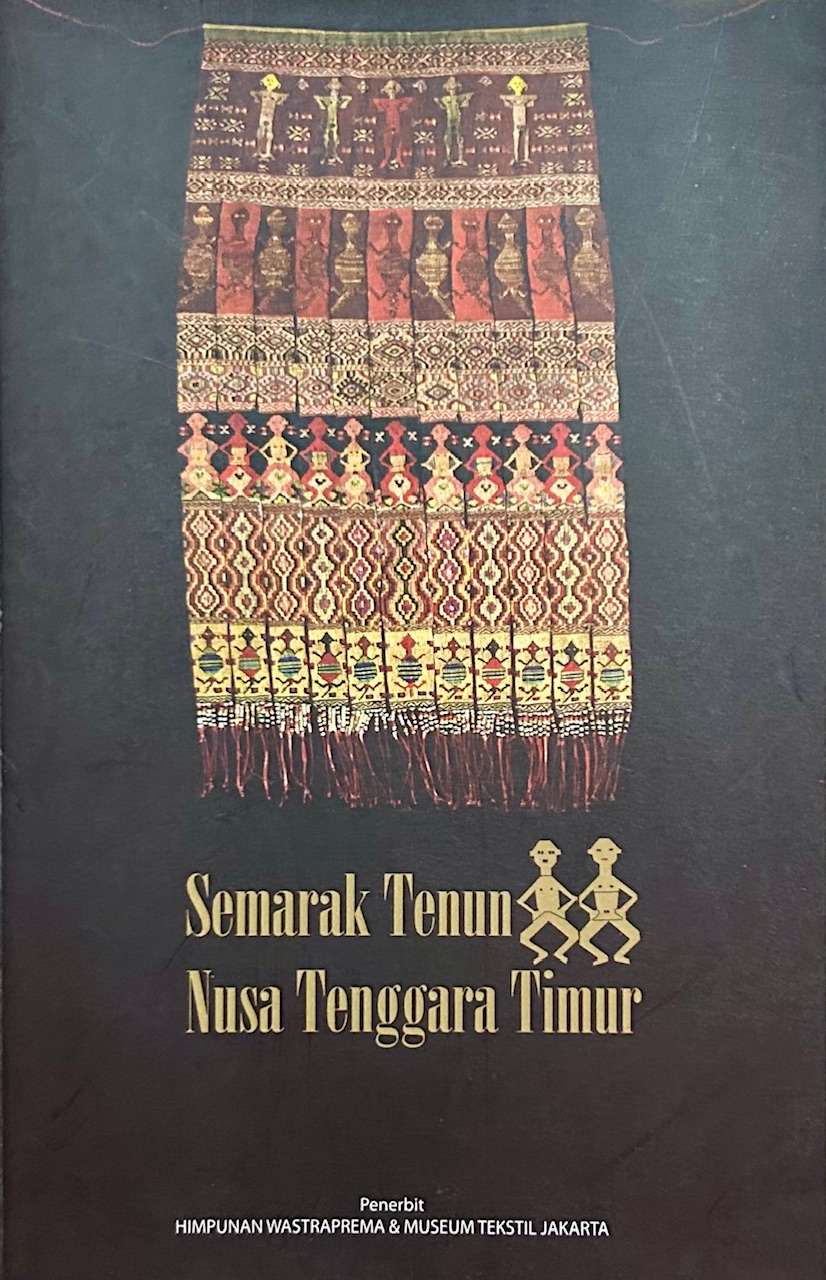
Author: Neneng Iskandar, Judi Sumarsono, Elsie Soenarja, Mariah Waworuntu (Editors), 2010. 80 pg. (Indonesian & English)
Publisher: Jakarta Textile Musium & Himpunan Wastraprema, Jakarta
This catalog issued celebrating the splendour of East Nusa Tenggara Weavings, show cases weavings from the eastern part of Indonesia from the collection of Himpunan Wastraprema’s members.
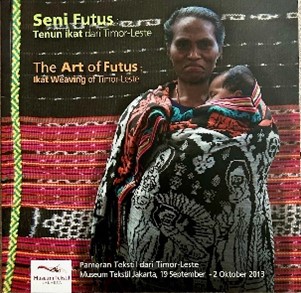
Author: Joanna Barrkman, 2013. 46 pg. (Indonesian and English)
Publisher: Musium Tekstil Jakarta
This catalog is associated with the first textile exhibition of Timor Leste in Indonesia. It showcases IKAT textiles from the Timor Aid collection, in collaboration with the Alola Foundation. The exhibition features both ancient and contemporary ikat textiles from the regions of Bobonaro, Oecusse, Cova Lima, and Baucau.
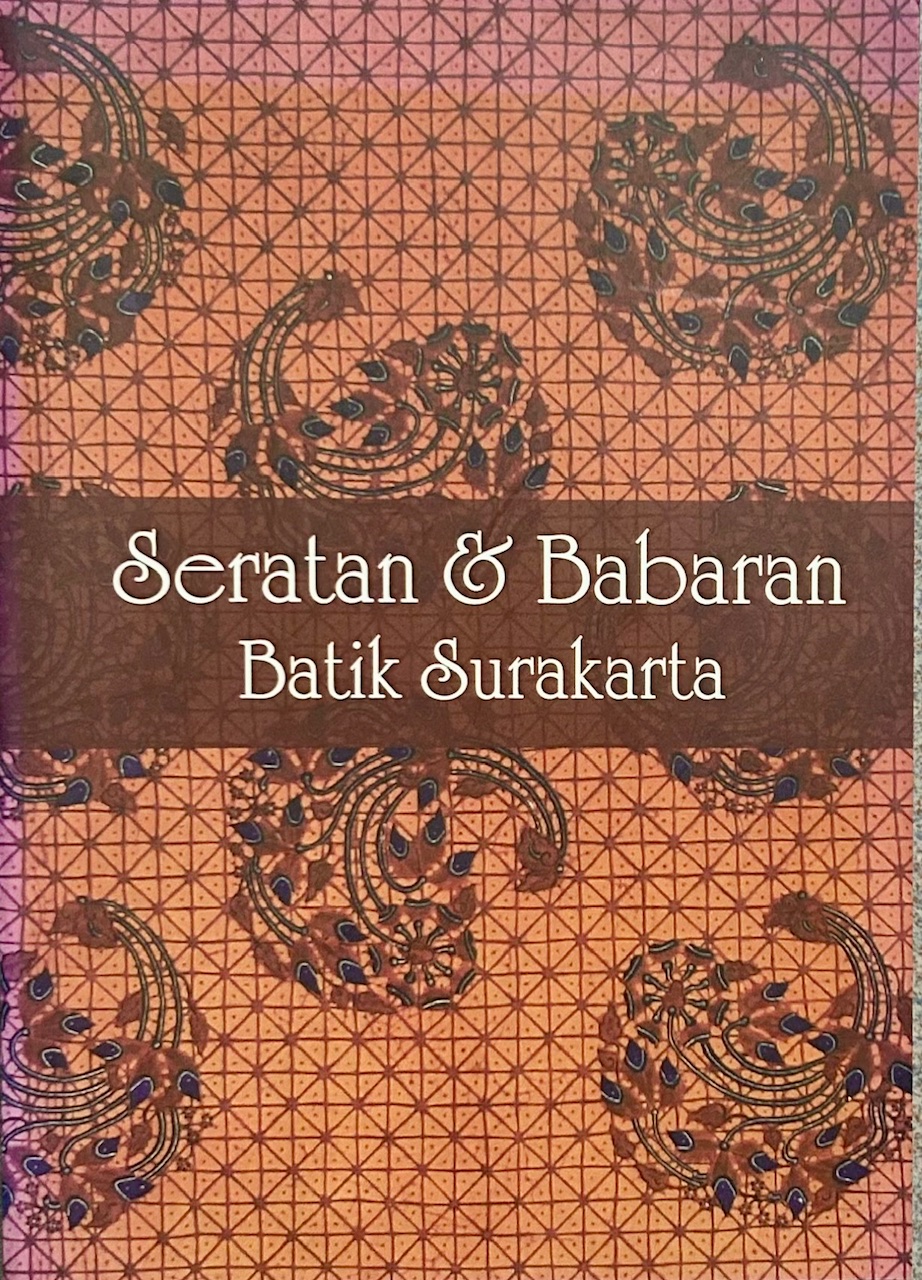
Author: Neneng Iskandar & Benny Gratha, 2012. 32pg. (Indonesian)
Publisher: Musium Tekstil Jakarta
The Gianty Treaty of 1755 divided the Mataram kingdom into three regions: Surakarta, Yogyakarta, and Mangkunegara. Each region has its own unique batik style, defined by different motifs, colors, and traditional wearing practices, as detailed in the catalogue. The collection prominently features Surakarta batik, highlighting its seratan (batik pen writings) and babaran (the creation of batik from start to finish), featuring its distinctive seratan (Javanese for "batik pen writings") and babaran (Javanese for "the creation of batik from beginning to end").
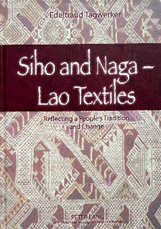
Author: Edeltraud Tagwerker, 2009. 195pg. (English)
Publisher: Peter Lang GmbH, Frankfurt am Main, Germany
Siho and Naga are prominent mythological figures in Lao traditional textiles. This book explores the rich history and culture of artisans who craft exquisite woven cloth, captivating textile enthusiasts worldwide. It showcases rare weaving techniques, intricate patterns, and natural dyes while emphasizing the diverse ethnic groups that thrived in self-sufficient rural communities. Textiles are undeniably central to the social and spiritual life of the Lao people.
Page 27 of 37